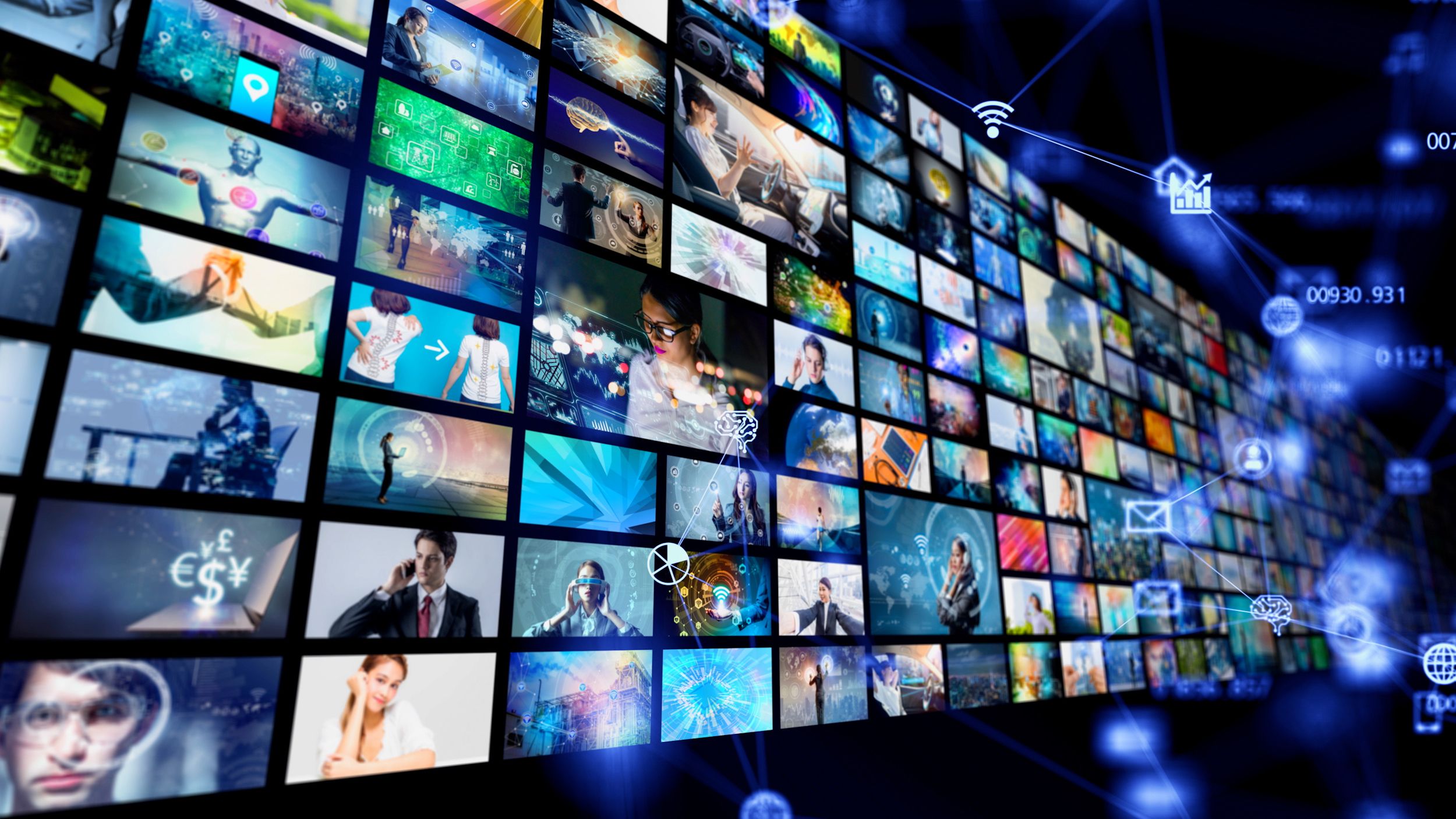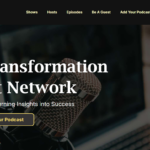In the digital age, marked by constant connectivity and an ever-expanding array of online platforms, the concept of the attention economy has risen to prominence. As individuals are bombarded with an unprecedented volume of information, entertainment, and stimuli, their attention has become a scarce and highly sought-after resource. The attention economy has far-reaching implications for individuals, businesses, and in society at large.
The attention economy is a concept that highlights the competition for people’s attention in an information-rich environment. With the proliferation of smartphones, social media, streaming services, and other digital platforms, individuals find themselves exposed to an overwhelming barrage of content, each vying for their limited attention span. This battle for attention has led to new strategies, business models, and behavioral patterns that shape the way information is produced, consumed, and monetized.
This results in attention being transformed into a valuable commodity in the attention economy. Platforms, advertisers, content creators, and individuals all compete for a slice of the attention pie. Social media algorithms, for instance, are designed to capture and maintain users’ attention by curating content tailored to their preferences, effectively keeping them engaged and increasing the platform’s profitability through ad revenue.
There are, however, impacts on individuals that cannot be ignored. One is information overload. The constant stream of information can lead to cognitive overload, making it challenging for individuals to process and retain meaningful content. The abundance of information can result in decision fatigue and decreased productivity.
Another is shortened attention spans. The rapid pace at which content is delivered and consumed has been linked to shortened attention spans. Individuals may find it increasingly difficult to engage deeply with lengthy or complex content.
Lastly is the emergence of filter bubbles. Algorithms that prioritize content based on user’s previous interactions can create echo chambers, where individuals are exposed only to viewpoints and information that align with their existing beliefs. This limits exposure to diverse perspectives and inhibits critical thinking.
The attention economy also has implications for businesses. One is that businesses adopt monetization strategies. In the attention economy, businesses focus on capturing user attention to generate revenue through advertising, subscriptions, or other monetization models. Companies need to design content that grabs attention quickly and sustains engagement.
Related to this is the adoption of engagement metrics. Metrics such as likes, shares, views, and clicks have become key indicators of success for businesses in the digital realm. These metrics are used to evaluate the effectiveness of content and marketing strategies.
Finally, businesses need to consistently create new content. The competition for attention encourages businesses to create attention-grabbing, shareable content that caters to the preferences and habits of their target audience. This can sometimes lead to sensationalism and the prioritization of clickbait over substantive content.
There are, however, societal considerations that individuals and businesses need to think about. The attention economy can inadvertently amplify the spread of misinformation and disinformation, as provocative or sensational content tends to gain more attention and engagement.
Another is privacy concerns. The collection of user data for personalized content recommendations raises concerns about privacy and surveillance. User’s personal information is often leveraged to tailor content to their preferences.
The digital well-being of individuals is another consideration. The constant demand for attention and the addictive nature of digital platforms have raised concerns about the impact on mental health and overall well-being. The need for digital detox and healthier online habits is becoming increasingly evident.
In the attention economy, the battle for individuals’ attention is transforming the way information is created, disseminated, and consumed. While it offers opportunities for businesses to connect with their audience and leverage attention for profitability, it also presents challenges related to information overload, shortened attention spans, and the propagation of misinformation. As society grapples with these challenges, striking a balance between the benefits and drawbacks of the attention economy becomes imperative. Efforts to promote digital literacy, responsible content creation, and mindful consumption are essential in navigating this dynamic and evolving landscape.
Originally Published in the Manila Times.
Tag/s:Customer ExperienceDigital Era






Trackbacks/Pingbacks